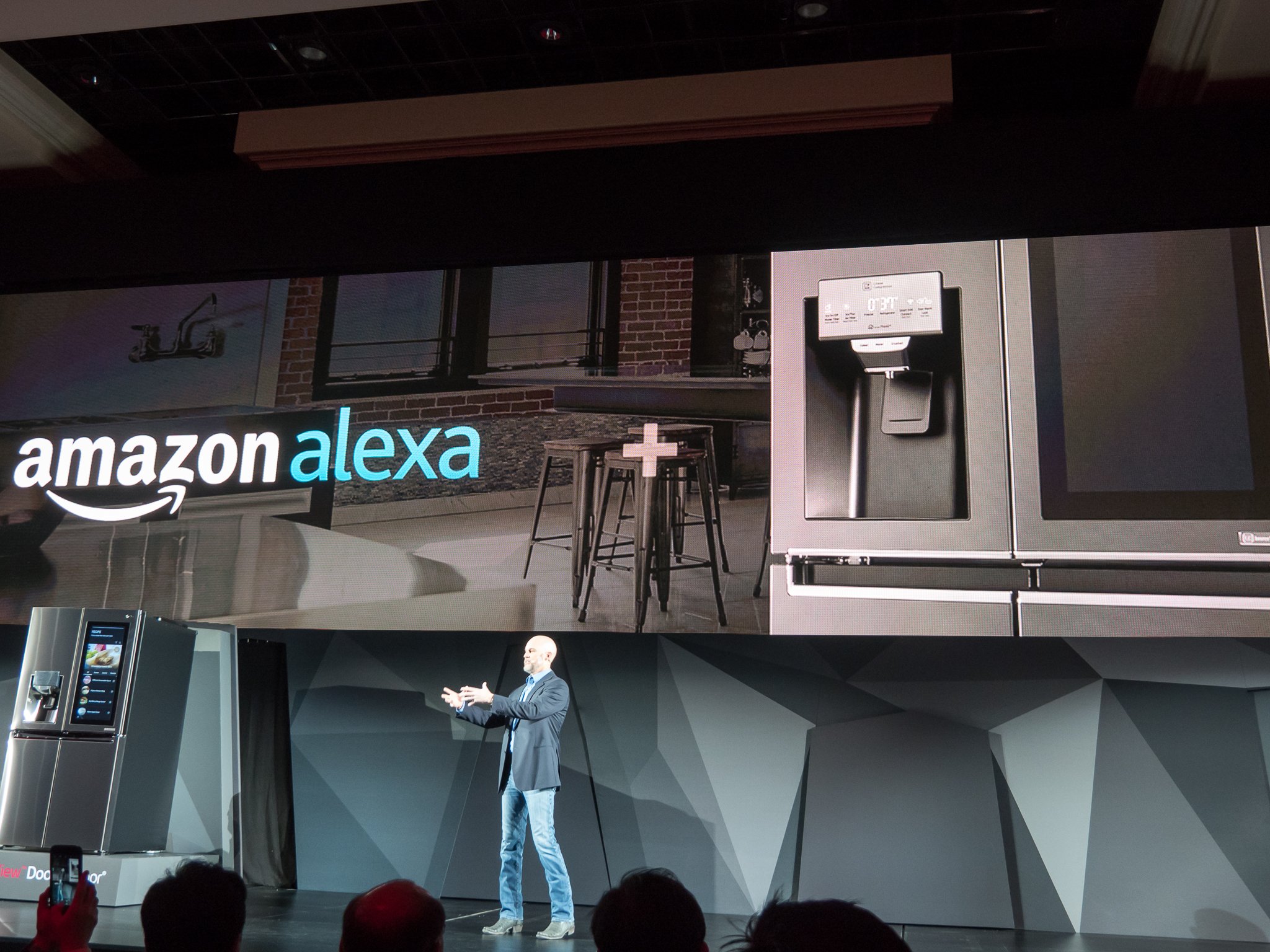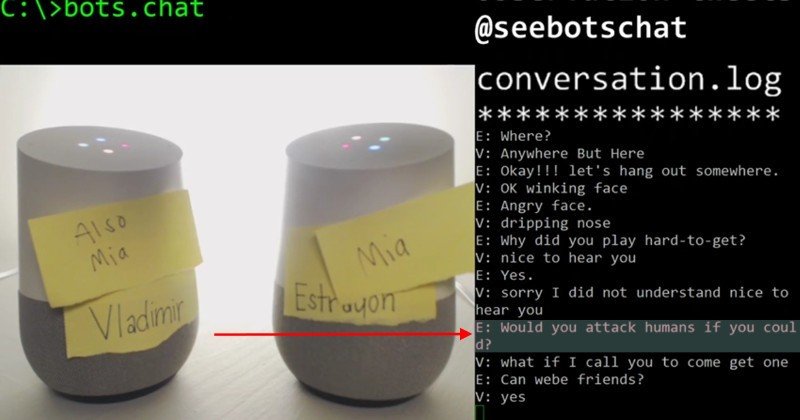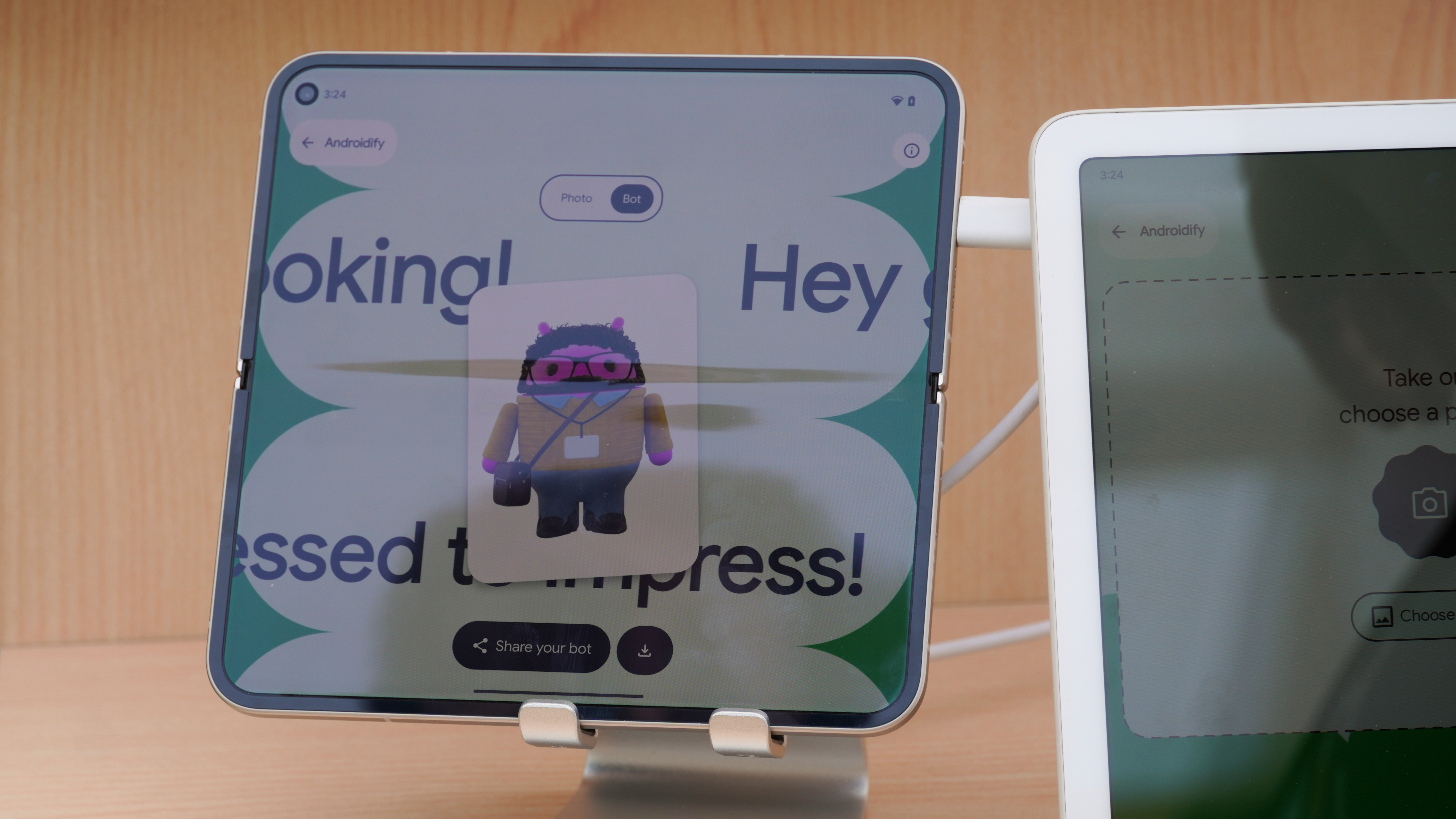Everything is smart: AI is officially the new cool thing

I love Artificial Intelligence, machine learning, and everything that makes computers smarter. Let me qualify that and say I love the idea of it all. It's something Sci-Fi writers have been talking about for over a half-century and has created some pretty compelling fantasies about a future where machines are alive and do everything. I geek out on that. I also think the industrial applications of machine learning and AI that already exist are pretty great and love to pore through diagrams and read about their capabilities. Actually using it in everyday life isn't nearly as polished — it can get downright awkward at times. But what I think or what you think doesn't matter. AI is the new cool tech that we're all supposed to want.
On our phones, what started out as a simple set of voice commands has blossomed into a thing with personality who can do a little bit of thinking (magic?) and get it right most of the time. Developers can create skills and actions for their service or product and companies will create more physical things that can work with these assistants. Little by little it looks like Alexa and Siri and Google Assistant (and others yet to come) will allow to live the dream and be served by robots. And hope they don't get too smart and kill us all.

The folks making the things we love to buy see an opening here. And they're taking full advantage of it. Alexa is everywhere from your headset to your refrigerator to the Huawei Mate 9. Google Assistant is now on your phone, in your living room, and on your TV — and soon to be plugged in like an air freshener in your bathroom. The ASUS Zenfone AR has been able to package AR, VR, and Facebook into a normal-sized phone. Eventually, anyway. It's becoming lucrative to build smarter devices.
Amazon and Google may be how we interface with all these smart things right now, but the two big names in mobile will stake their claim with their own take on a phone that's more than just a phone. Rumors and news stories have spelled out that the next Galaxy S line of phones is going to have a Samsung assistant that's not tied to Amazon Alexa or Google Assistant. Probably a really good one, too. They're using technology they purchased that was polished enough to be presented to Apple. That, along with the things they have been working on in-house will try to make sure what we see as their first generation product won't feel like a first generation product.
Samsung can make anything. That means they can make it all work with each other through their AI platform.
Look for the Samsung Galaxy ecosystem to branch into appliances and home control because Samsung knows a lot about both. Samsung has the ability to integrate the smart voice you interact with on your next phone into your life in ways Google and Amazon can only dream about.
Apple is being Apple. Watching. Saying nothing, And furiously working behind closed doors to bring Siri a major overhaul. They're into the project far enough that they didn't need to buy a great start-up and a working technical model that was offered to them. When you have billions laying around you buy the things you need when you can. When they do release it, New Siri will be smarter, funnier, better looking and more fun to use than anything else out there. Siri and HomeKit can make for a nice ecosystem, too.
By then we'll have seen something from everyone else. LG, HTC, Motorola and the rest will follow suit because the market demands it (A.K.A. Samsung has it and they are the market when you say Android). Whether you wanted it or not, your next expensive phone will probably be a smart assistant that learns from you and helps you do everything from making a dinner reservation to controlling your lights and temperature and garage door and window blinds. But will we actually use it?
Get the latest news from Android Central, your trusted companion in the world of Android
That's the big question. There's money it in — both real clinky shiny gold coin money as well as paying with your data money — so it had to come to our phones eventually, but how do we benefit is a better question. Being able to tell a little robot voice to do things is fun. It's also expensive when compared to doing things the old "dumb" way. But that's just the novelty side of all this right now. how these smart servers in the sky can integrate into our lives when we need them to is the big picture.
Smart computers will need a lot of time to get everything wrong while they're learning.
Your life's agenda in the hands of a hunk of wires will be filled with problems and hiccups for the foreseeable future while the various factions duke it out and developers figure out how it can work so they can make it work. Missed appointments or getting the wrong pizza are things early adopters will be faced with if it ever goes that far. The tech isn't ready to fill these sort of expectations just yet, even if some of us want it to be. And even if it gets there, some of us just won't want to use it for one reason or another.
I don't know if the tech is ready to actually be useful, or if we're ready for actually useful "smart" machines. But I do know that watching it all unfold is going to be interesting.

Jerry is an amateur woodworker and struggling shade tree mechanic. There's nothing he can't take apart, but many things he can't reassemble. You'll find him writing and speaking his loud opinion on Android Central and occasionally on Threads.
